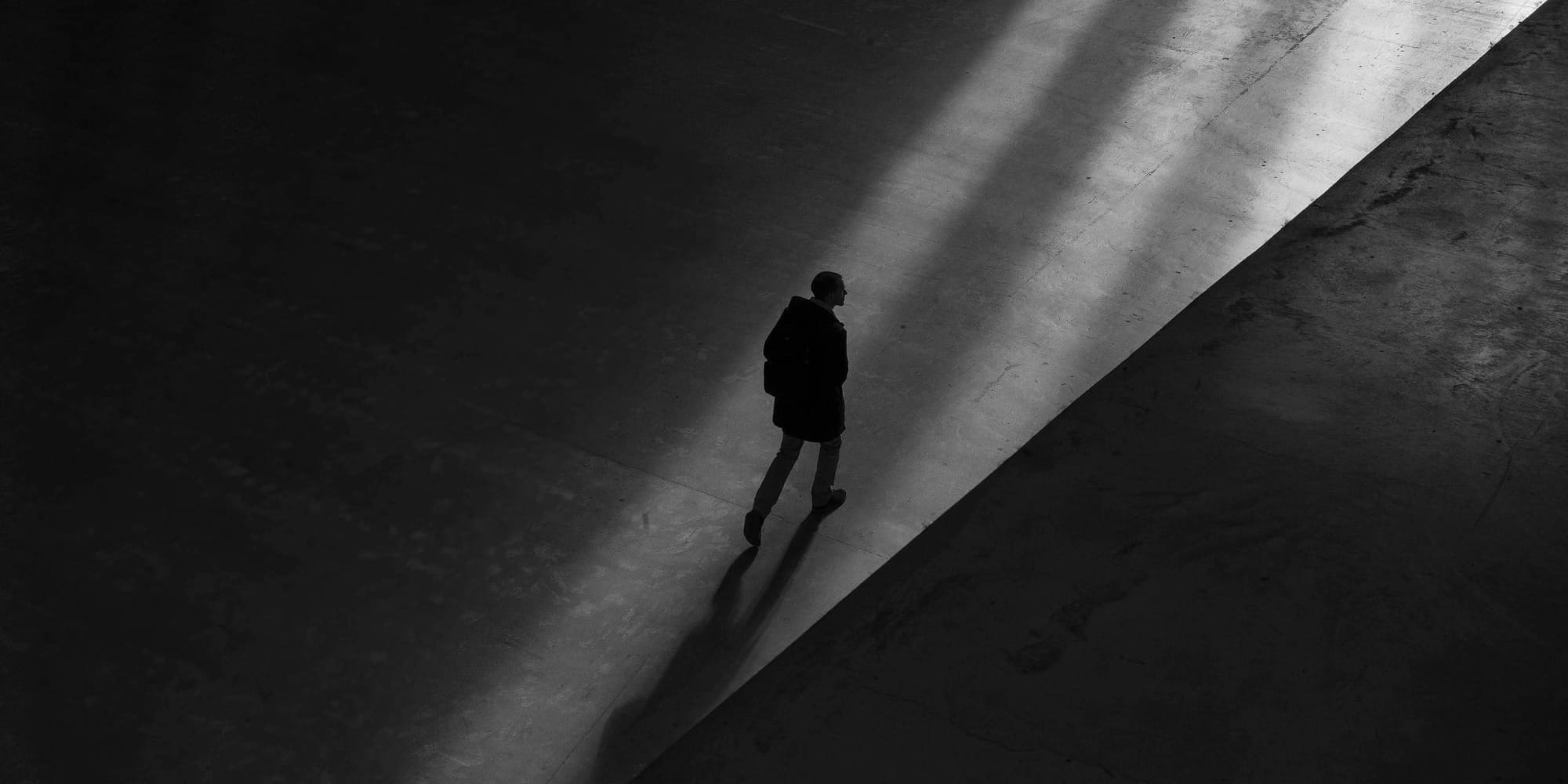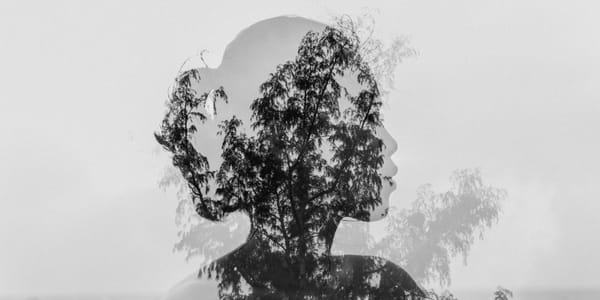Recently, in these crazy times of polarization, nonstop noise and madness in its purest form, I felt a pull back into Noam Chomsky's work. I've always admired thinkers who don't buy into the mainstream narrative, and Chomsky's critiques of power structures and systemic inequalities seemed sharp, honest, and necessary. I dove into his lectures and interviews with enthusiasm, admiring how skillfully he dismantles illusions about capitalism, democracy, and the "free market."
But then, as it often happens with me, a quiet discomfort started to grow. The more I admired the intellectual precision, the more I felt something was missing. Something crucial. And that something wasn't about facts, arguments, or ideologies. It was something much deeper.
As I stepped back and reflected, a different current pulled me - one that has always been closer to my nature: philosophy and spirituality. I realized that while Chomsky's critique of systems is spot-on, the game he's analyzing is still a game inside Plato's Cave. It's a fight over the arrangement of shadows on the wall, not an awakening from the cave itself.
And this reminded me of a powerful line from the Tao Te Ching (Chapter 18):“When the great Tao is forgotten, goodness and piety appear. When the body's intelligence declines, cleverness and knowledge step forth..."
In other words, once people lose their connection to the living whole, they invent systems of "how to behave" to cover up the loss.
Exactly. That's what hit me. Chomsky's work, like many critical theories, still moves inside the assumption that if we just had the right morality, the right duty, the right system, things would be fine. But when you look deeper, you see: the core issue isn't flawed systems; it's the fact that we've lost the Way itself. From this realization, the rest unfolds naturally.
We can't fix a fundamental disconnection with better abstractions. We can't heal a spiritual disease with political medicine. We can't awaken from the dream by rearranging the furniture inside it.
And this brings me to another passage that resonates deeply with this understanding, again from the Tao Te Ching (Chapter 2):"When people see some things as beautiful, other things become ugly. When people see some things as good, other things become bad..."
The moment we step into judging, comparing, labeling, and competing, we're already trapped. We're already inside the ego's framework. Right and wrong, left and right, capitalist and socialist — these are just ego's endless games of who can best recognize and manipulate the shadows.
Systemic change without consciousness change is just a rearrangement of shadows. It doesn't matter how beautifully we arrange them. Without stepping outside the cave, it's still shadows all the way down.
And it's not like this understanding was hidden. Lao Tzu lived it. Buddha built his path around it. Zhuangzi laughed about it. Socrates questioned it and passed it on to his students. Emerson, Thoreau, Dostoevsky, Jung, Krishnamurti, Watts — across centuries and continents, wise souls pointed to the same truth: the problem isn't the system. It's the human mind trapped in its own illusions.
When our sense of identity is built on ego and persona, competition and comparison are inevitable. When we don't know who we are, we invent grand stories to convince ourselves we matter. When we lose the living connection to nature, existence, and simple being, we create frantic systems to fill the emptiness.
This is why no political revolution has ever brought true freedom. This is why every "new system" eventually repeats the same patterns of power, corruption, and despair. Because if the players haven't changed inside, the game will always stay the same.
But it's not hopeless.
The solution isn't to abandon society, withdraw to caves, or burn it all down. It's much simpler and much harder: to wake up.
If more people — even a few — began to see the difference between the Cave and Life, between ego-games and true being, the whole atmosphere of society would change.
Imagine a world where success isn't measured by wealth or status but by depth of being. Where the wisest are those who are least interested in winning. Where people are free to play the games of social life lightly, without getting trapped inside them. Where structures exist, but no one worships them. Where no ideology becomes more important than compassion.
It won't be perfect. Nothing is. But it would be real.
And it starts wherever you are. With a small refusal to take the nonsense seriously. With a quiet loyalty to what is deeper than any system. With a smile at the absurdity of the human spectacle, and a deep bow to the mystery of life itself.
We don't need a better system first.
We need to remember who we are.
And everything else will follow.







